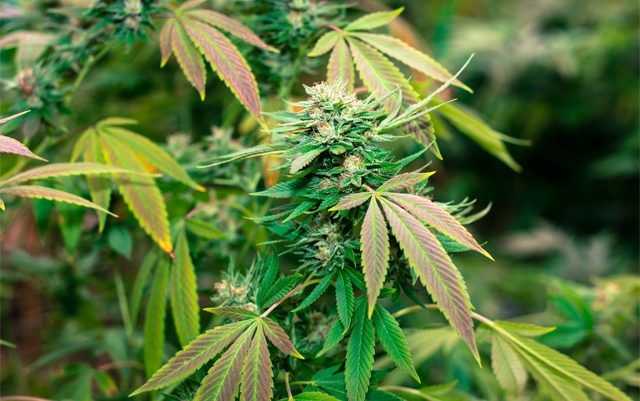As Colorado’s cannabis industry continues to grow, the price of the plant continues to drop – which is great for consumers, but not so much for the state looking to capitalize off of tax revenue that is based off a percentage. When Colorado first legalized cannabis, the taxes were extremely high, and that pushed the price of the product far higher than most people were prepared to pay, with eighths of an ounce costing upwards of $75 or more for top shelf bud.
Colorado has a 15% excise tax that is paid per pound, which is factored into the price before you even get to the register. But with decreased costs for production, the cost of a pound of cannabis has dropped significantly already. Just last year, a pound was selling for $1,948, and this year that has dropped to $1,471 – so that 15% tax has dropped from almost $300 per pound to around $200 per pound.
In order to not lose a much needed revenue stream, Governor Hickenlooper has proposed raising the tax by 50% – even though last year lawmakers approved dropping the additional Marijuana Sales Tax by 2%, from 10% to 8% (on top of the state’s current 2.9% sales tax on all general purchases). And the approved decrease will not even go into effect until this July. While it does make sense that they would not want to lose their revenue, it’s kind of like taking a step forward and then a step backward, all at once.
“To the extent that a state looks at marijuana legalization as a limitless stream of revenue, and continues to increase the taxes placed on marijuana, it allows room for the black market to thrive, offering cheaper, untaxed version of the product,” Stroup said. “We should be careful to avoid the situation in New York and a few other states with highly-taxed tobacco, and a thriving black market in out-of-state tobacco.”
While there are some who feel that raising the tax rate could bring life back to the illegal market, lawmakers appear more concerned with not losing tax revenue they have come to rely on in the last couple of years. States like Alaska and California have a eliminated this issue by having a flat tax per ounce at the wholesale level. Since that flat rate never changes, as long as the industry continues to grow so will the state’s tax revenue.
Though Governor Hickenlooper’s idea is not entirely a bad one – the state does need the money that has been made through legal cannabis – perhaps the way they are going about it isn’t the best and they should consider implementing a model similar to Alaska’s flat tax in order to sustain their tax revenues from the legal cannabis industry. Either way, it definitely seems like there are changes to the industry’s current tax rates in the works for Colorado.






